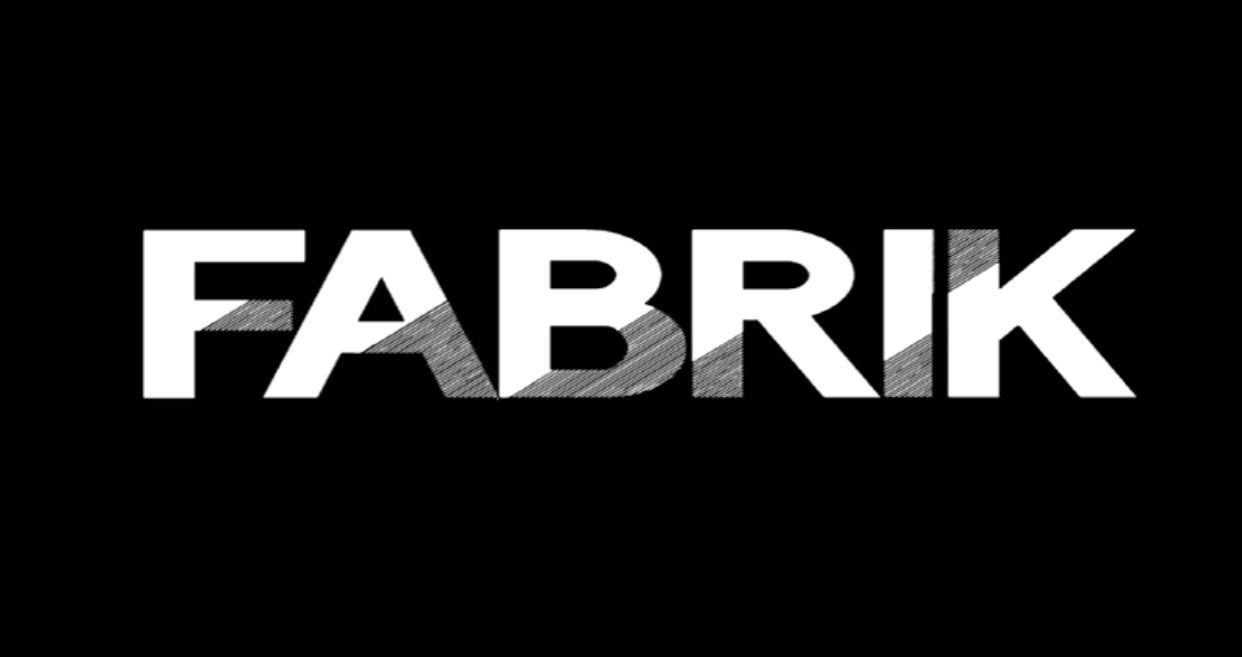I'm not trying to dismiss your pain, but size privilege is a thing...
- Fabrik Sussex

- Apr 5, 2021
- 3 min read
Updated: Jul 6, 2021
Article written by: Emilie Turner
Can you walk into a clothing store and find something that fits? Will it be fashionable? Flattering? Will you even like it? Or will it ‘just do’? Will this clothing be reasonably priced? Say you bought, a pair of shorts, can you wear these out without being stared at? Judged? Receiving unsolicited comments?
Then like it or not, you have size privilege.
This is not debatable. Privilege is a complex concept, which twitter user @MarieBeecham summed up as not “the presence of perks. It’s the absence of obstacles and barriers”. Privilege defines what you are not subjected to… and what thin people are not subjected to is systematic abuse from the media, healthcare, business’ and unsolicited judgement. This is not something that you get to decide. It is a response to your existence. It’s not about how you perceive yourself, it’s about how the world perceives you.
The media has the ultimate power in changing the way people view other people. From the presentation of fat characters in cinema, to the modelling industry fetishising skinniness, to the promotion of weight loss products. All these attacks shift the way fat people are perceived. They are the butt of the joke in films, they are used to serve their skinny friends narrative, and this lack of them being fleshed out complex characters in themselves affects the way that straight sized people perceive them, and ultimately leads to this belief that the fat body is public property. That everyone has the right to recommend a weight loss product to their fat friend, or suggest going to weight watchers or commenting on their dietary choices. It’s under the guise of ‘care’ but this concept of the fat body being dissociated, separate from the person is what leads to people thinking they have the right to do this. To them, a fat person is just a body. So they fail to consider the psychological impacts of their words. It’s not ‘whats best for them’ because fatness is often a lot more complicated, psychological and often can’t be helped. Maybe what’s best is not to try and change the body, but to resist size privilege and the toxic perspectives it creates. If someone told me to put on some sun cream, because my skin was burning in the heat, this would be a sincere act of care because something is wrong, and I can fix it within seconds of the comment. However, making similar comments about weight is incredibly insulting because it both suggests that there is something wrong with your figure but also points out something which takes months of extreme hard work to fix. This act of suggesting that something is wrong can’t possibly be from a health perspective, because these people do not know the intimate health details of the person they are insulting.
This idea of ‘wrongness’ leads to deep rooted feelings of shame. This shame evokes paranoia of the word seeing you as lazy, as unfit and incapable of looking after yourself. A survey which interviewed over 2,000 Human Resources professionals suggested that “93% of HR professionals would chose a ‘normal weight’ applicant over an obese applicant with the same experience and qualifications”. These disgraceful results are a prime example of size privilege, because assumptions about one’s ability to work and one’s ability to present themselves professionally are being doubted because of societally instilled notions that thinness is to be desired and fatness is ultimately ‘wrong’.
Size privilege can be tricky to rationalise, because you can hate your body whilst still having it. Society thrives off of women hating their own bodies, so we can be sold magic solutions on the front page of magazines and miraculous pills and ‘life altering’ surgeries. So it’s only natural to resent your body when people profit off you trying to change it. Conversations about size privilege don’t intend to tell thin people that their feelings are wrong, that they must love themselves because they are what society expects women to be. But in order to resist size privilege it’s important to acknowledge it. For clothing brands to be size inclusive, for medical professionals to realise that fatness doesn’t equate to unhealthiness, for airlines to not charge fat people extra to fly. Because as soon as we can come to terms with the deep rooted prejudice against fatness, we can all realise that it is not something to fear, to feel shameful about. And then everyone, with size privilege or without can form a shame free relationship with their bodies.
Comments